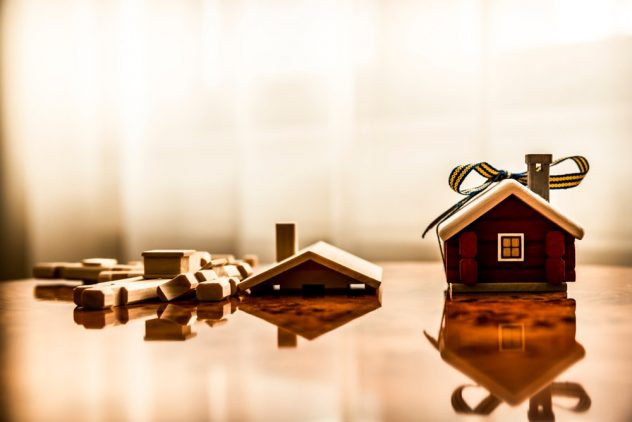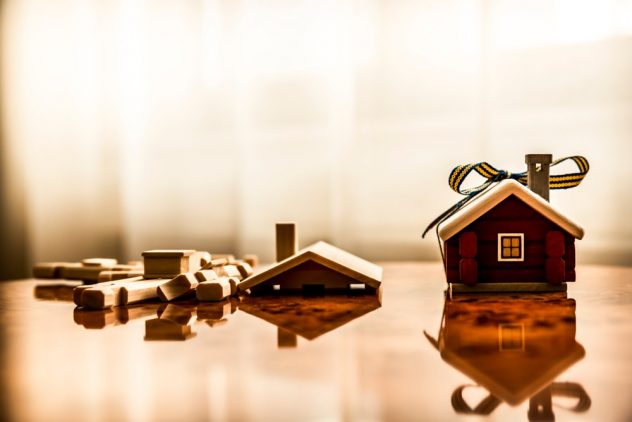Property can always be an intelligent area to spend your money, but whether you are just starting out or you are looking to expand your portfolio, it is critical that you know how to succeed, while also still being a responsible and professional landlord and owner.
With this in mind, here are a few basic tips for developing a property portfolio.
 Know your limits
Know your limits
First, it is important that you know what your limits are in relation to buying. Keep in mind that in the current housing market you will realistically want to put down around 25% and have various other costs to consider, so you need to work out how much you can afford otherwise you could create a difficult financial situation for yourself and keep in mind that it will take a while to get returns on this type of investment.
Remember that it is a business
While investing in property is not quite the same as going into the office each day, it is important to remember that your end goal here is profit so you need to run your operation like a proper business. This means making shrewd decisions based on fact and statistics, carrying out detailed research, networking and being professional in relation to how you manage your tenants.
Look after your tenants
Leading on from this, when it comes to tenants you need to be professional and make sure that you are legally compliant which will involve things like installing smoke detectors and professional boiler care with annual checks. You also need to be reachable, try to develop a positive reputation and get any issues solved as quickly as possible.
One property at a time
Another good tip for building a property portfolio is to tackle one property at a time. In addition to being easier to manage financially, it also makes it much easier to focus your efforts as you get used to owning multiple properties.
Buy low, sell high
As with any type of investing, the goal should be to buy low and sell high if you plan on flipping a house. Of course, you can put work in to increase the value of the property, but you will also need to think about the current situation of the market and make timely decisions.
Save
When you start to have income coming in from your property portfolio then it is vital that you are setting money aside every month in order to save. This can help you to build towards your future, have an emergency fund if anything goes wrong or go towards your next property investment.
These are the main points that you need to keep in mind when developing a property portfolio whether you are just getting started or looking to expand your portfolio.












Leave A Comment